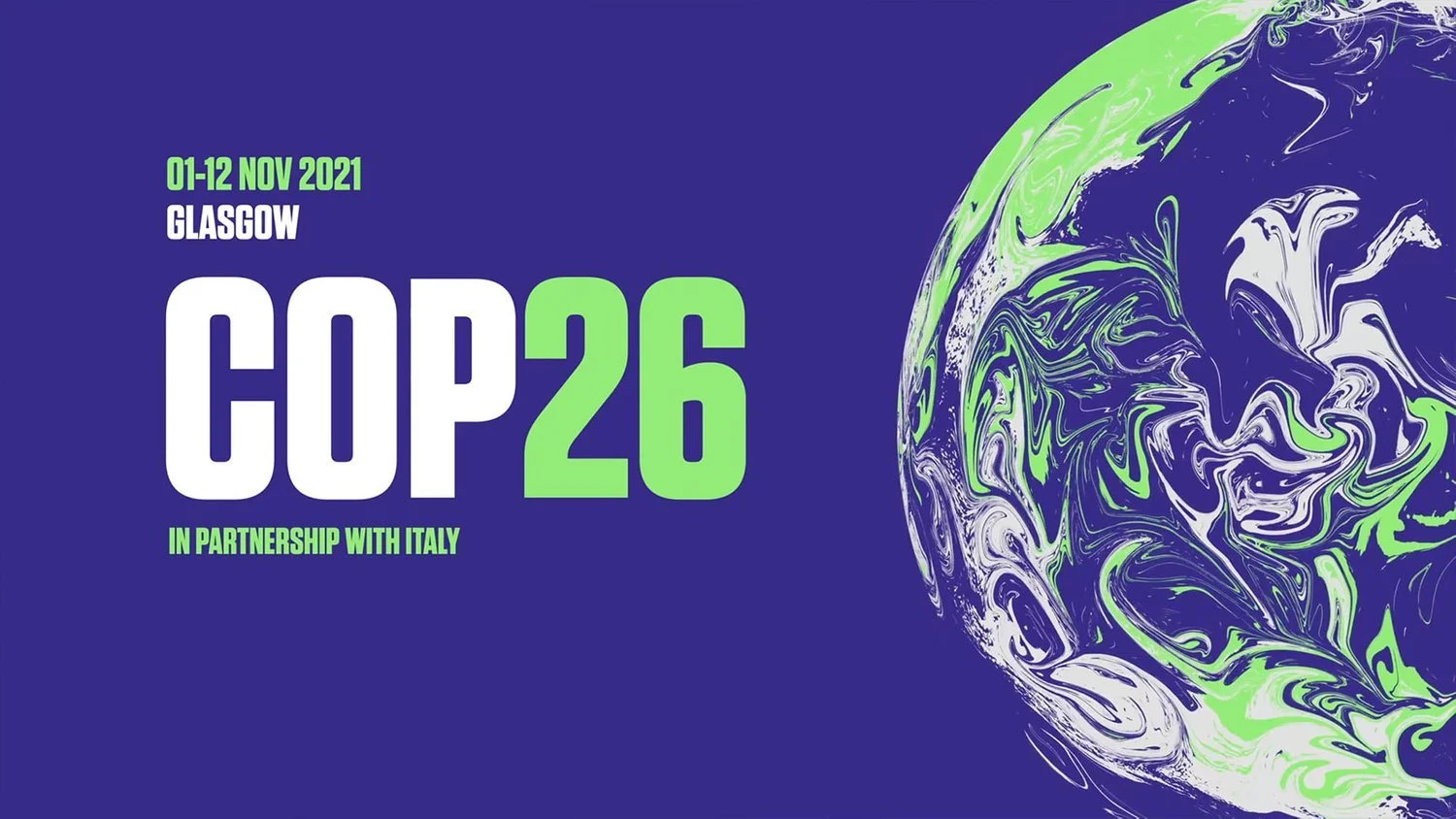COP 26 in Glasgow: Planting the seeds of a Nature Positive Future
FUND THE NATURE, FUND THE FUTURE
The nature-positive recovery is starting to flourish with thousands of initiatives at local and regional level, valuing the diversity and richness of ecosystems of actors sharing the same sense of urgency and a shared commitment to nourish and regenerate people, planet, and prosperity. These solutions could be scaled up more quickly and through a more systemic approach if supported by more efficient and agile governance and finance mechanisms.
As cities produce 80% of the world’s GDP, host 56% of the population and consume nearly 80% of all food produced in the world, they are at the heart of a green recovery although they face multiple challenges. National governments have primary responsibility over the measures to achieve more than two-third of emission reductions while local authorities hold responsibility for less than one-third. Financial resources are also key, especially for small to medium-sized cities that often need national government support to develop infrastructure and projects. Therefore, what are the innovative finance mechanisms that could bridge the gap between high level political declarations adopted by States leaders (example: Leaders Pledge for Nature) and the on-the-ground reality faced by citizens and cities.
Cities and regions are at the forefront of the nature-positive recovery, leading a systemic transformation for climate people and nature. COP26 represents a unique opportunity to raise awareness of this alarming situation and to plant the seeds of a nature-positive future.
CLIMATE & SUSTAINABILITY WILL BE HOST FOR THE CITIES & REGIONS DAY
Élise Buckle (President & Director of climate & sustainability) will host and moderate the day on November 11th at the Nature Newsroom. She will explore existing solutions at local and regional levels but will also give the floor to youth and to city officials to discuss the role of urban areas in the green recovery and beyond. International initiatives like the EU Green Deal will also be approached with a focus on its impacts on nature and on the potential empowerment of local authorities for a better implementation of the measures.
Speakers will include Mayors of Freetown, Bristol and Grenoble, Ministers of environment of Latin American countries, Rea Food Systems youth ambassadors, Martin Frick from the UN Food Systems Summit, Gunhind Stordalen from EAT Forum, scientists but also representatives from the World Economic Forum and the Director General of the World Wide Fund. Finally, UNFCCC climate champions Nigel Topping and Gonzalo Muñoz will be wrapping up COP26 and the Cities and Regions day.
More on the Nature Newsroom
At this year's Climate CoP in Glasgow, a coalition of civil society groups have joined forces to campaign for a nature-positive future as a way of keeping temperature rises to 1.5 degrees. The group brings together allies of nature promoting its role as a third of the climate solution – as well as being vital for building economic resilience, food security, enhancing rural livelihoods and protecting our own health.
Scores of civil society groups have convened around the concept of 'nature-positive' in the Nature Zone (inside the Blue Zone) at COP. The Nature Zone consists of the Nature Pavilion for events and the Nature's Newsroom for creating broadcast-quality TV programming.
Nature programming for the pavilion will take place from 1st to 12th November, with simultaneous programming in the Nature’s Newsroom, which will produce and distribute daily TV news coverage (unbranded) throughout the sustainable development community and across mainstream broadcast media news networks worldwide.
This is a special project of the Global Commons Alliance and its media arm, Earth HQ, and Nature4Climate, with support from the UK Climate Champions Team, the UNFCCC, Eurovision, Eikosphere, NI Media, and many GCA co-production partners.

